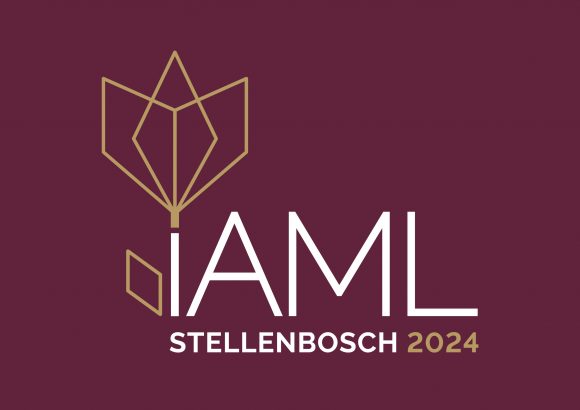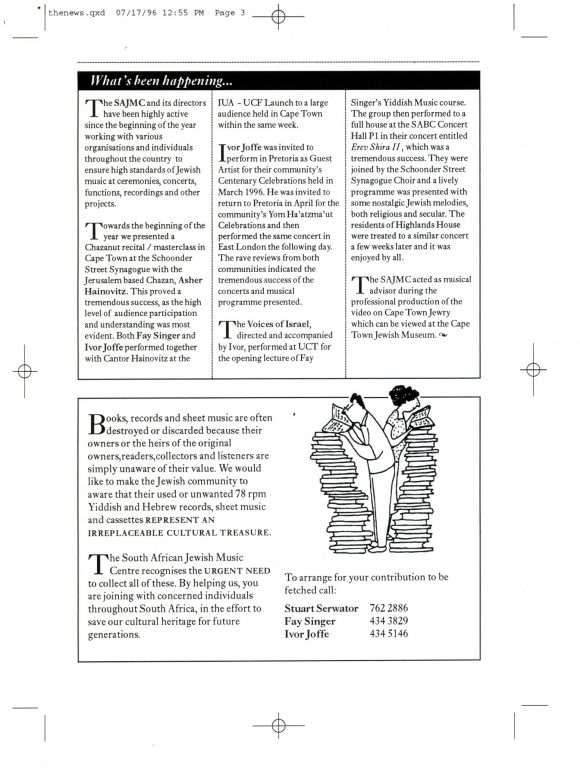ORCID as a unique author identifier plays a large role in the scholarly communication process. It doesn’t only assist with name ambiguation but also supports funding applications and submissions of articles to publishers. An important aspect of ORCID is that it also enhances workflows in research systems. Several common questions about ORCID are usually addressed during the workshop on ORCID – Managing your unique author identity with ORCID. Herewith a summary of some of those questions and answers.
Why is it important to have an ORCID iD?
- ORCID improve the visibility of your work. As a researcher you want to be read, acknowledged, an cited.
- Researchers want to spend their time on research, not reporting – ORCID allows you to enter your biographical details and works only once and it could then be reused by other research information systems, publishers, funders. You could also allow publishers, institutions (such as Stellenbosch University) and databases to use your ORCID information and to update automatically.
- Name ambiguity is a fundamental issue for researchers. Ambiguity may be the result of a common name, by a person with several language variants of their name, or by variations in how name information is collected. By creating your ORCID iD this issue will be resolved.
- To support discoverability, we need to connect information across databases, disciplines and organisations.
- National funding agencies are using ORCID in their grants management systems including the National Research Foundation (NRF).
How do I connect my ORCID iD to the SU integration?
It is important to Create and/or connect your ORCID iD with the Stellenbosch University integration. Follow the link from the ORCID Library guide: http://libguides.sun.ac.za/ORCID. This will allow you to connect your iD to SU, and it will also allow SU to store an access token to your ORCID record for future use in other research systems.
Where can I use my ORCID iD?
- Sign in with ORCID in research systems: Funders, publishers, research employers, organisations, associations, institutions and repositories.
- Sign in with ORCID where you see the iD logo, for example: Submitting a manuscript, applying for a grant or depositing in a repository.
- Display your iD on your: Institutional profile page, email signature, conference presentation, media stories, CV or anywhere you have a public profile, e.g. blog, website, or social media.
Why is it important to ensure that my ORCID record is up to date?
- Empty records don’t mean anything, they will not be discoverable/findable
- Discover more complete Altmetric information via Altmetric Explorer
- Research systems that are integrated with ORCID (such as Sympletic Elements), will be able to update profiles more accurately when your ORCID iD is populated correctly.
How can I ensure that my ORCID iD is up to date?
- Connect with DataCite, and Crossref for automatic updates to your ORCID record.
- Populate your ORCID record under all the different sections: Employment, Education, Funding, Works (all publications), Peer reviews.
- Connect to systems, publishers, databases, wherever you can.
How does ORCID support the FAIR principles?
- Findable: One of the core goals of ORCID is to increase the discoverability of researchers by disambiguating them from all the other researchers with the same or even a similar name and definitively connecting them with their research contribution metadata
- Accessible: End-users visiting ORCID iDs in a standard web browser will see all the public data available for the ORCID record in the ORCID registry’s user interface.
- Interoperable: ORCID’s interoperable infrastructure can help accelerate knowledge discovery and increase the integrity, transparency, and reproducibility of research by encouraging FAIR Data Principles and Open Science practices through persistent identifiers and standardized, openly accessible data.
- Reusable: ORCID’s public data is designed to be maximally reusable. The public dataset is released under a CC0 waiver and includes detailed provenance metadata, allowing users of the data to determine its applicability and trustworthiness for their use case.
Please contact Marié Roux for any assistance with your ORCID record.





